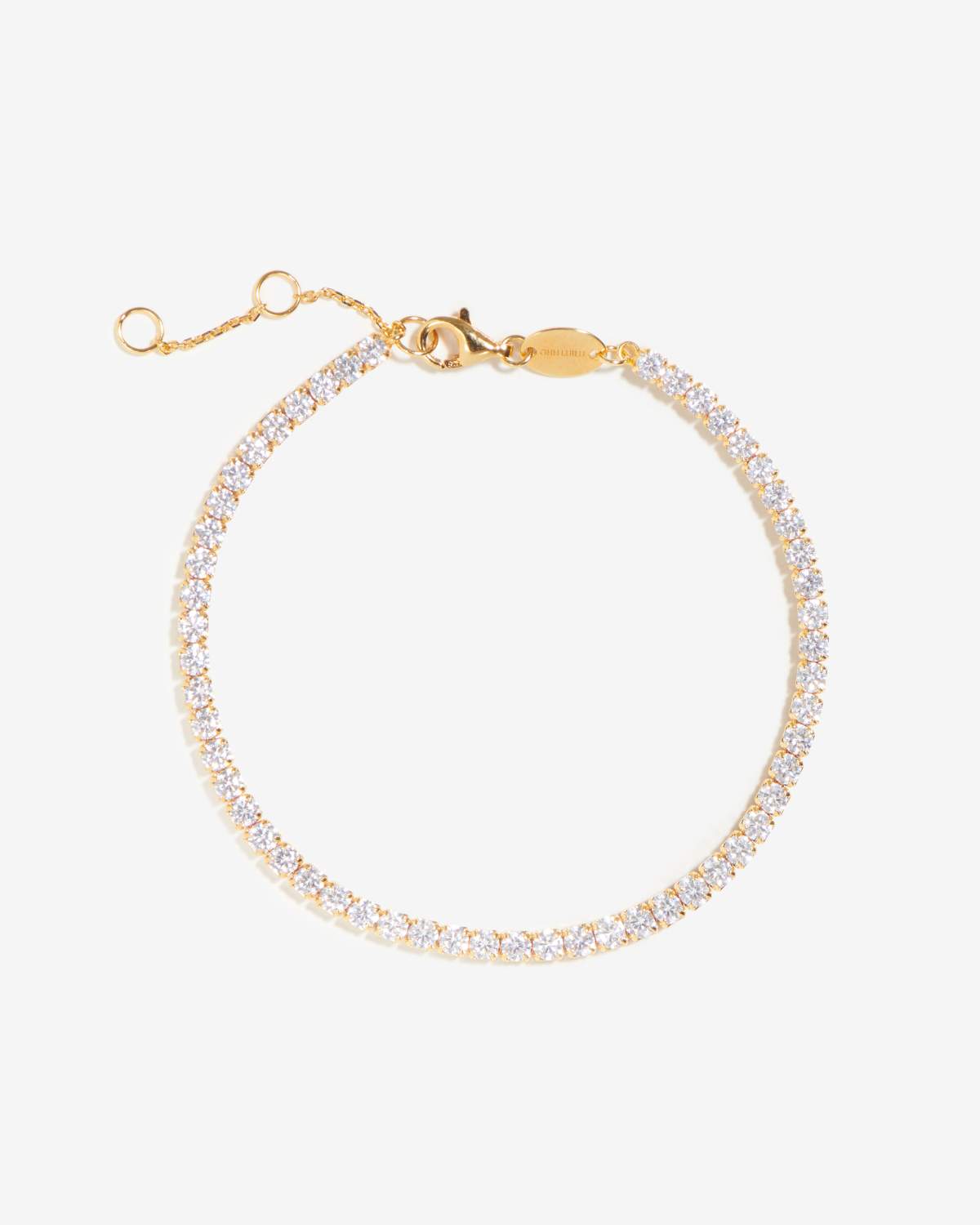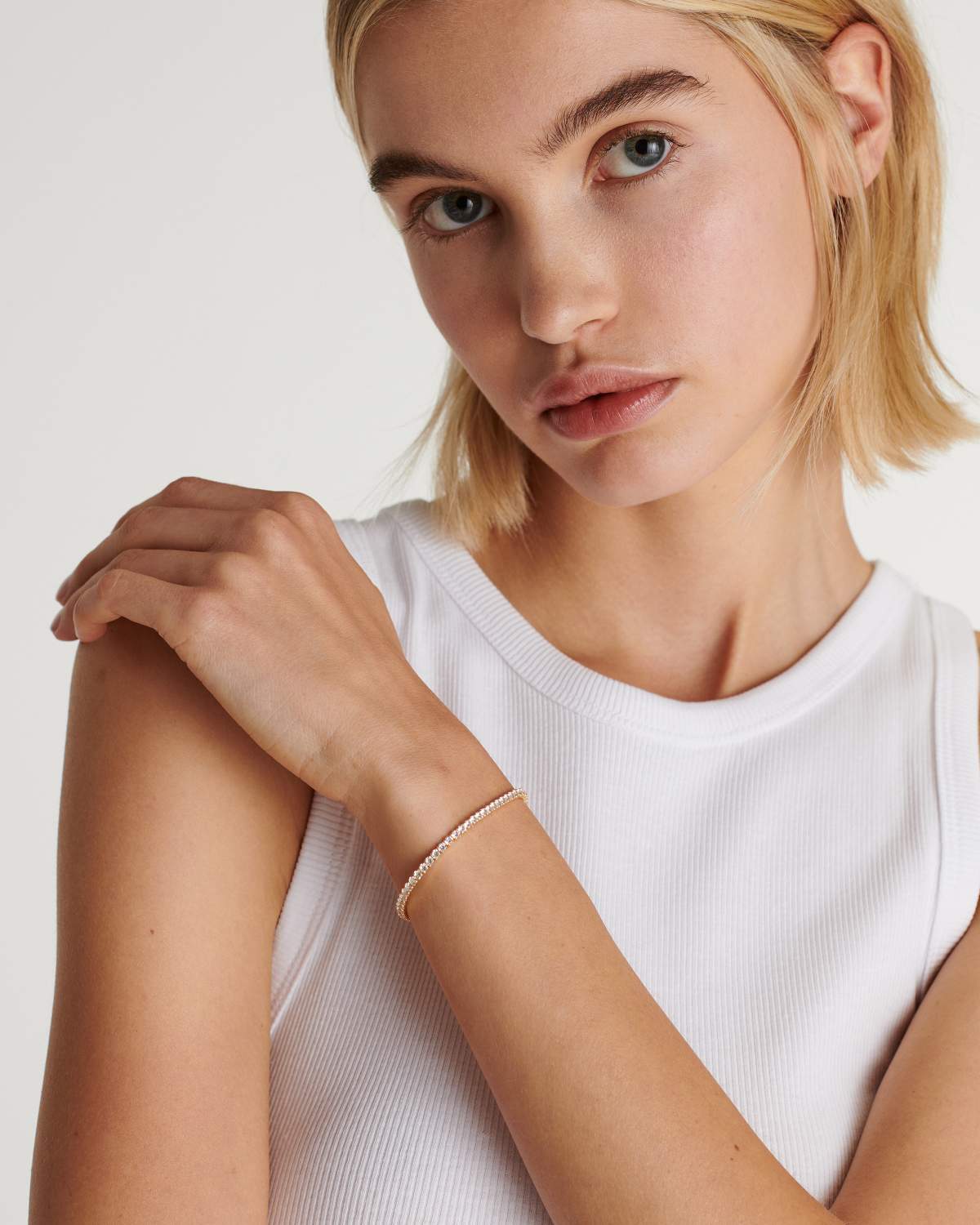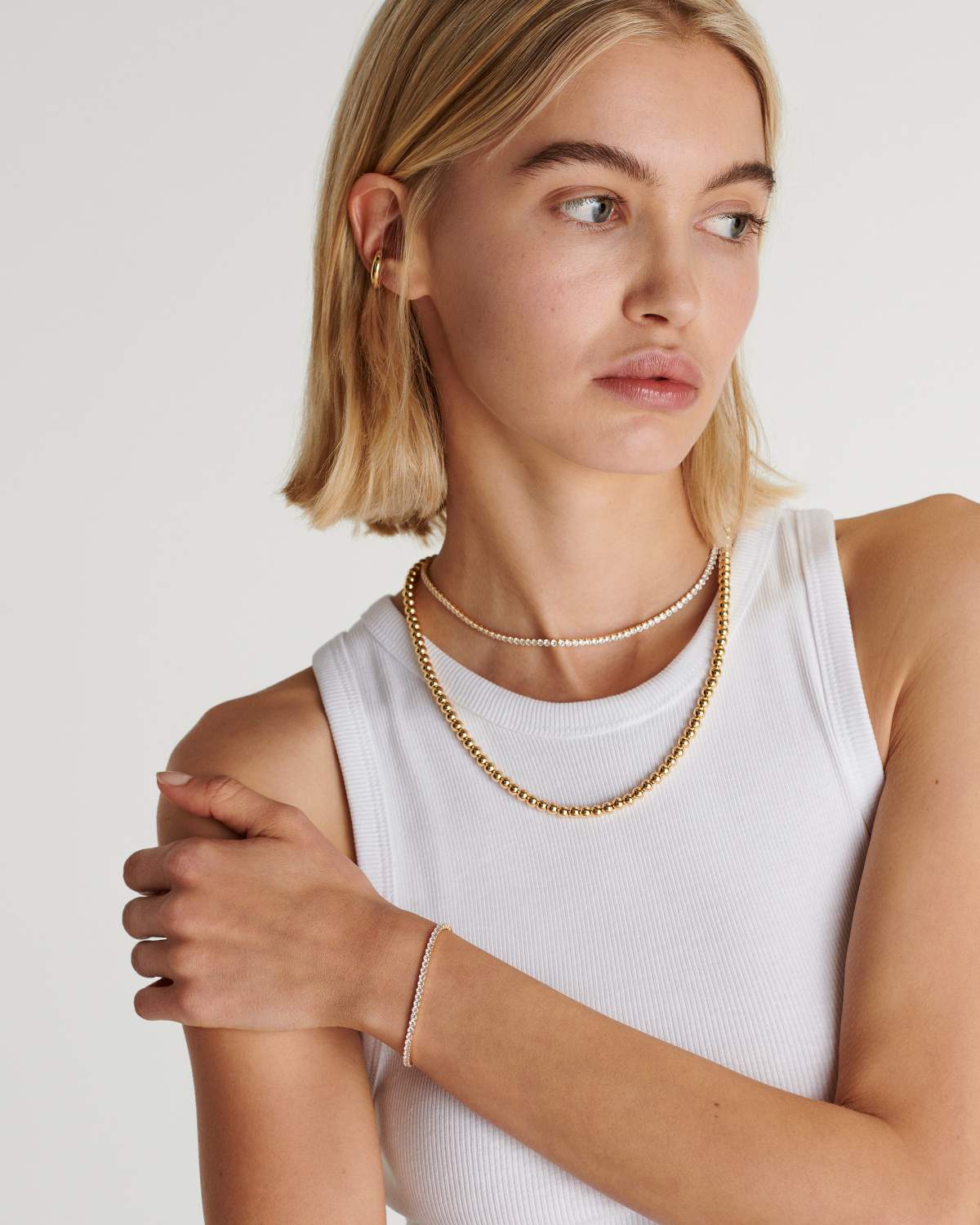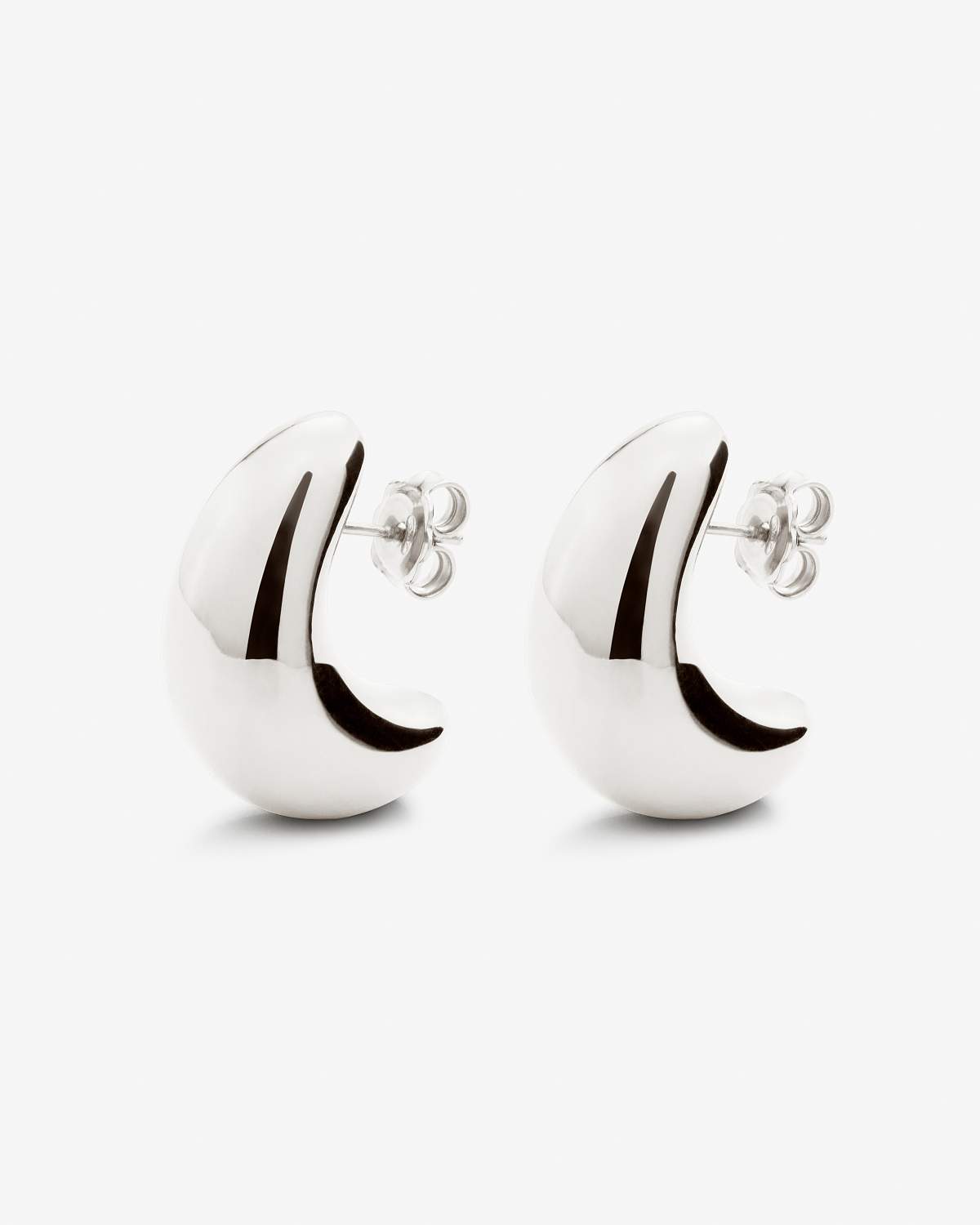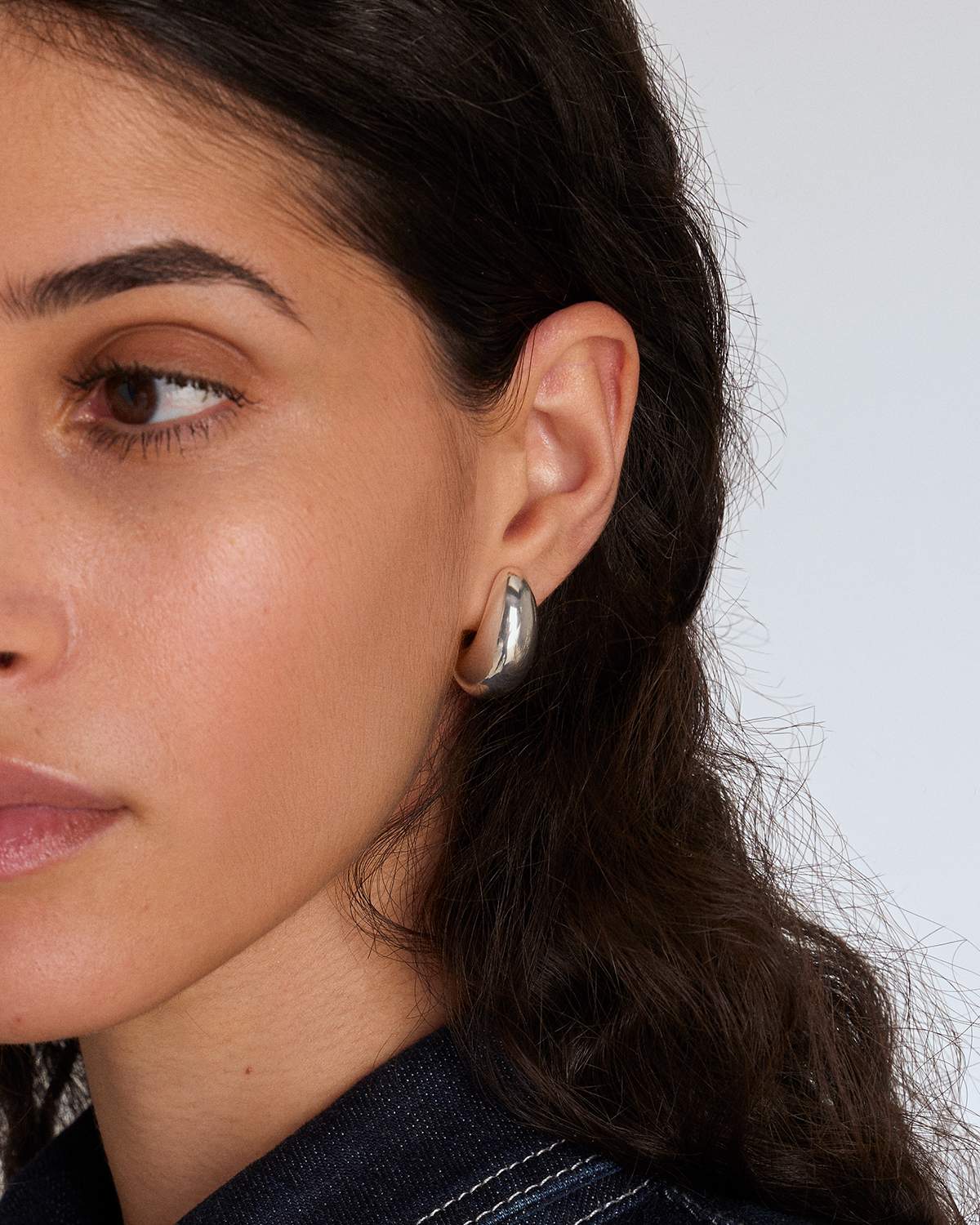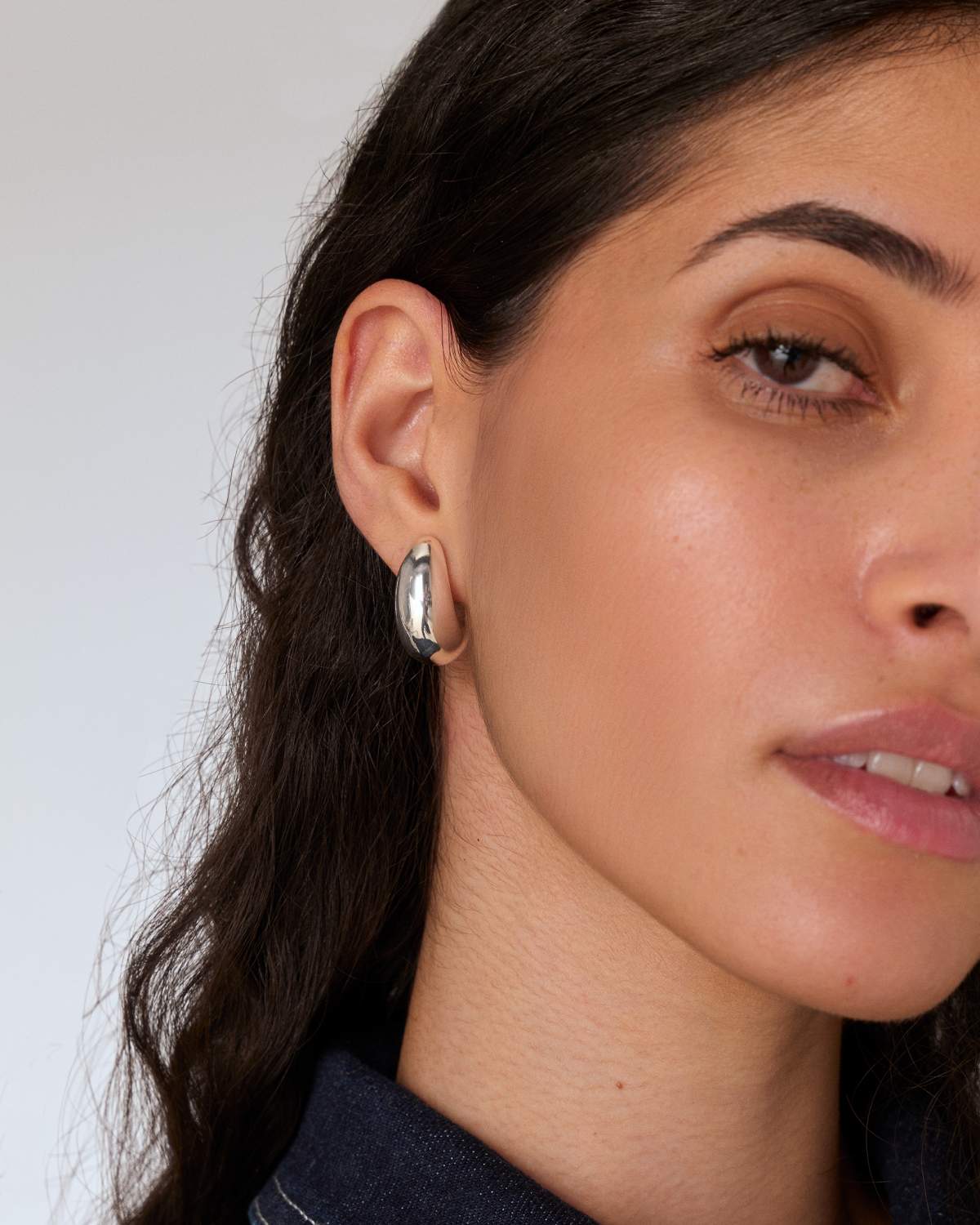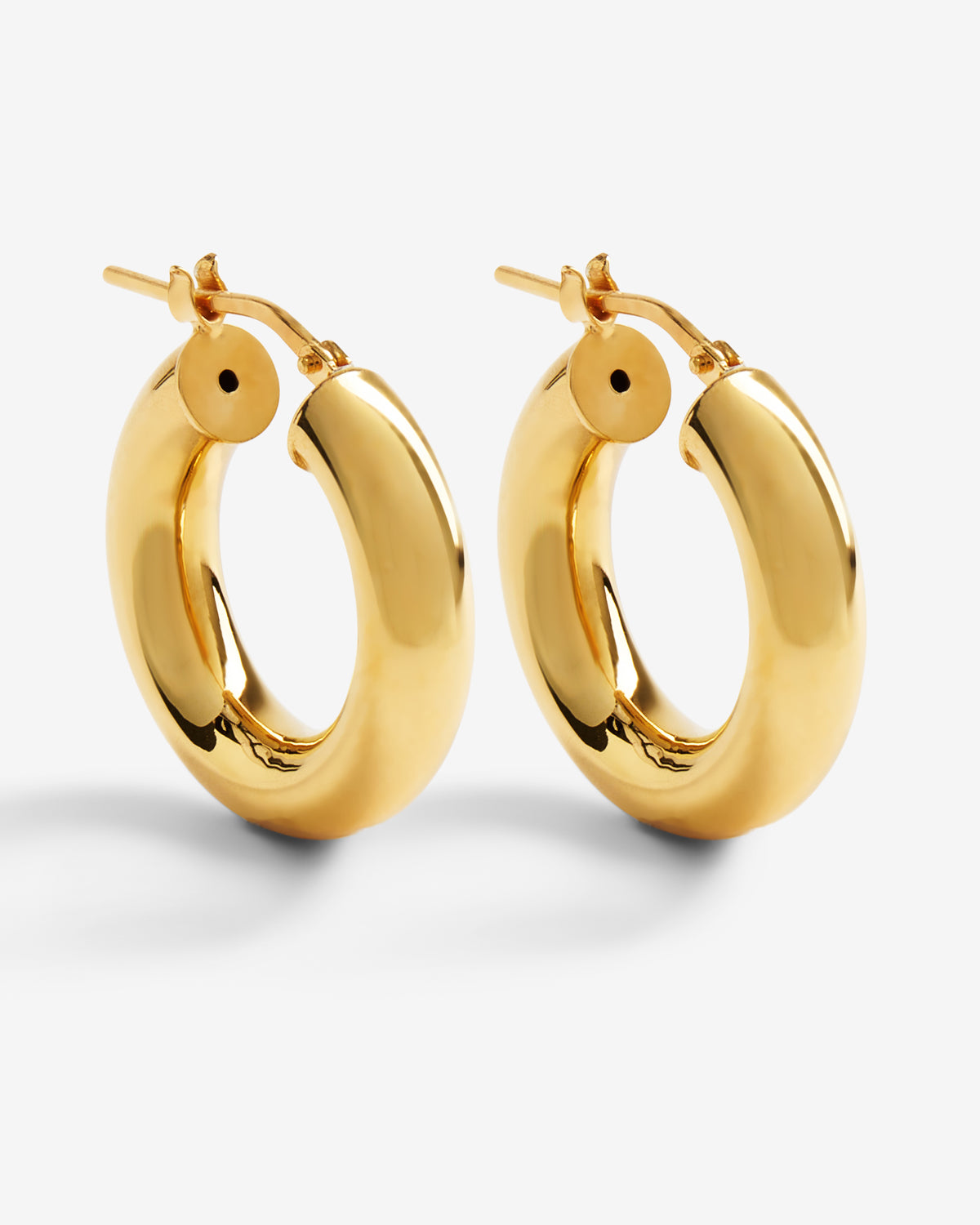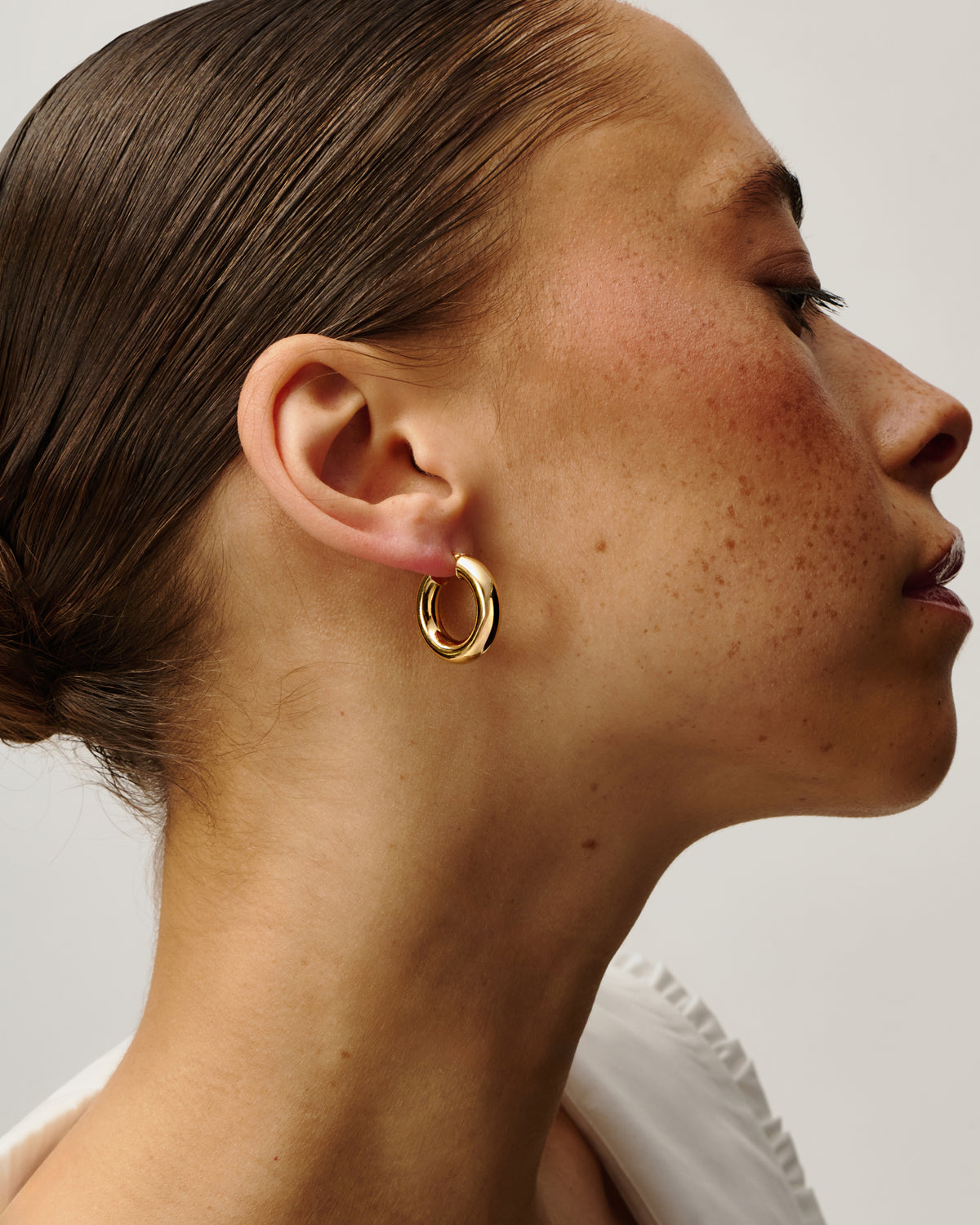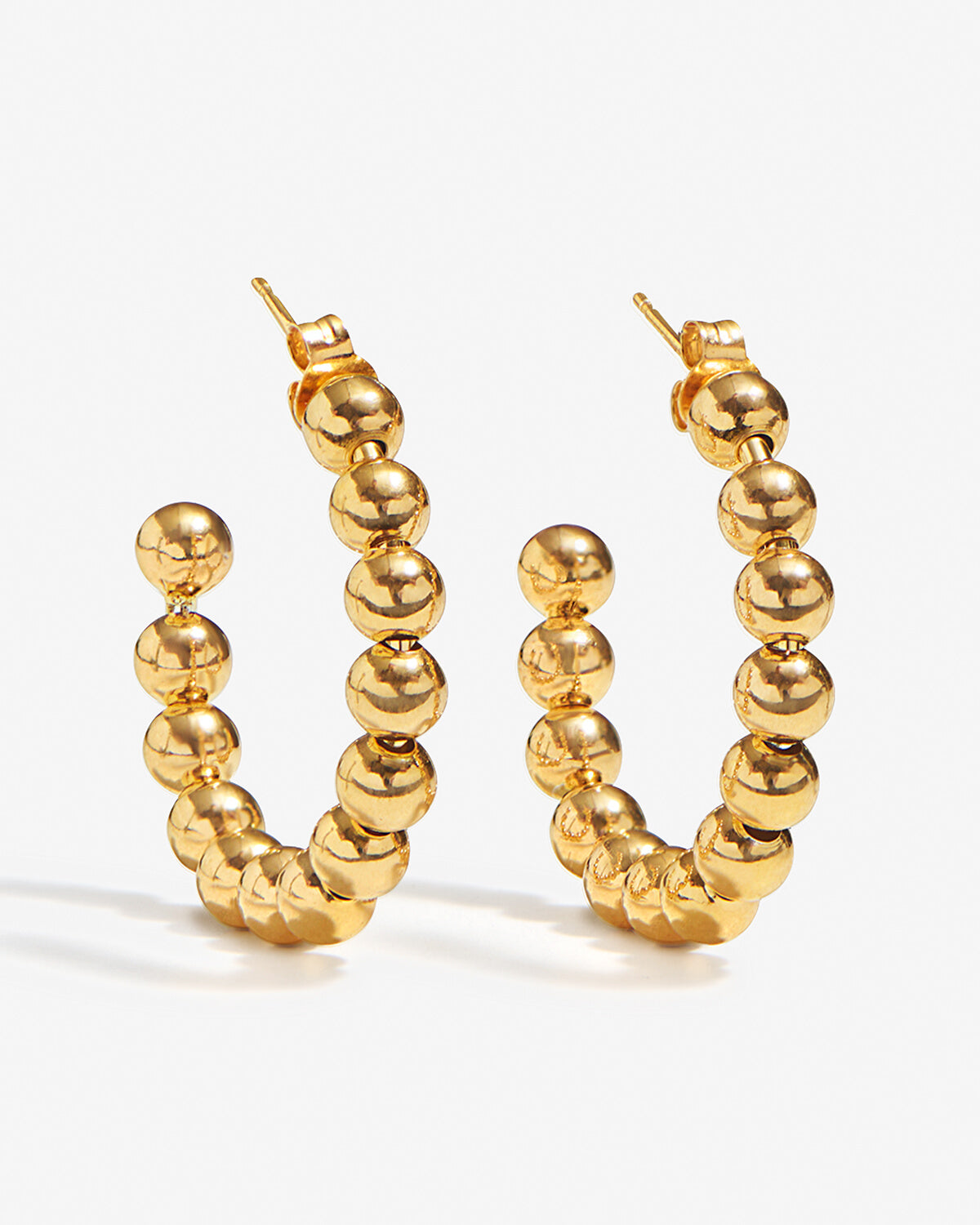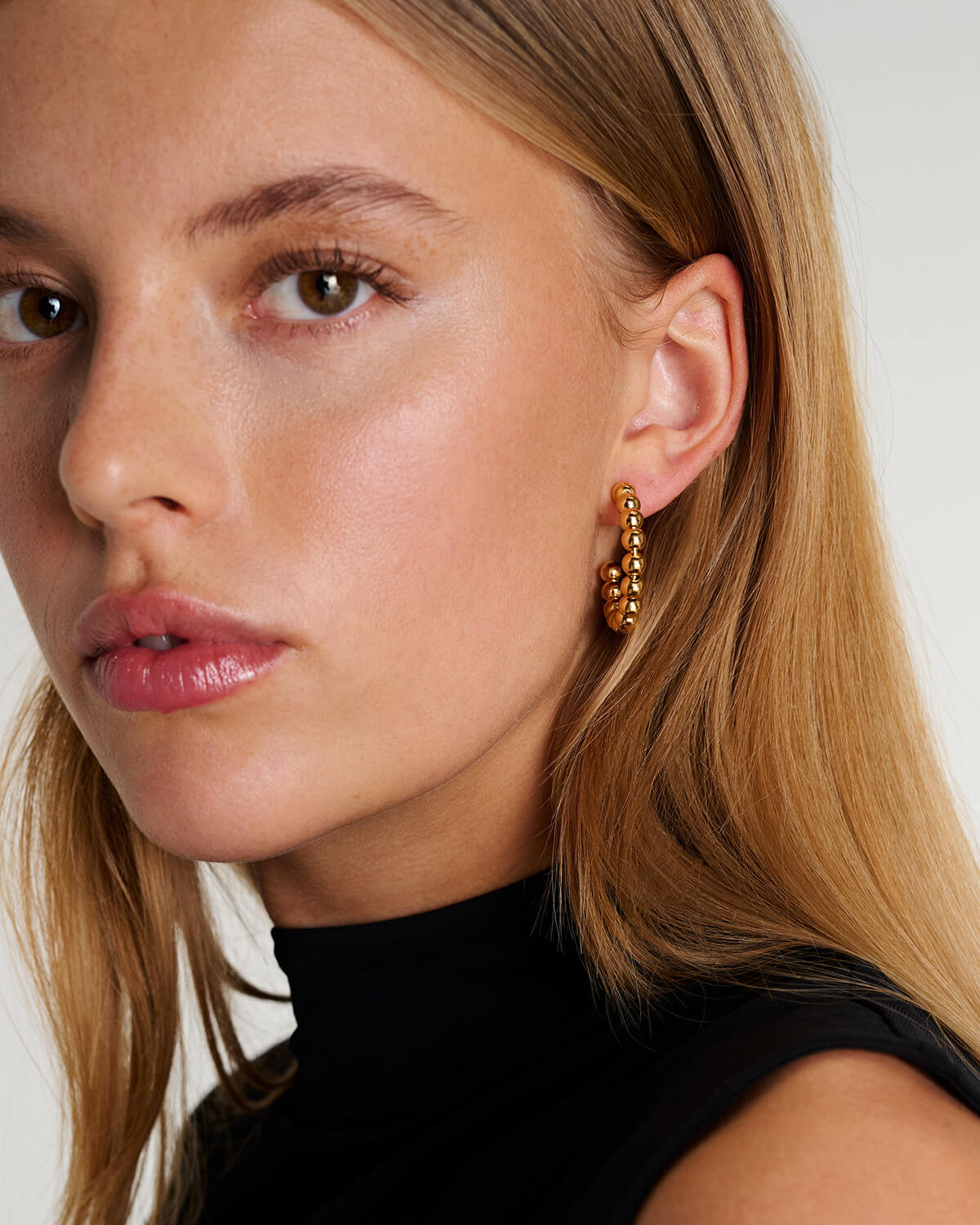Piercing Jewelry
Do you already have a piercing and are looking for the right jewelry? Then discover our selection of ear piercing jewelry for your healed piercing in our online shop.
Piercing FAQs
How long does it take to get a piercing?
The duration of the piercing procedure can vary depending on the type of piercing. In general, the actual piercing only takes a few minutes. After piercing, it may take a few more minutes to position everything correctly and give instructions on how to care for the piercing.
Which methods are employed for piercings?
At Glambou, we specialize in piercing with a sterilized needle. This classic technique involves precise piercing with a single-use hollow needle to create a clean opening in the skin for insertion of the jewelry. This method is known for its safety and low risk of infection.
How do you clean the area before and after the piercing?
Before piercing, it is important that the area in question is clean to minimize the risk of infection. Our professional piercer washes their hands thoroughly with soap and water and then carefully cleanses the skin around the piercing site with an antimicrobial soap. The area is then rinsed with clean water and patted dry with a disposable paper towel. This helps to create a clean area for the piercing procedure.
After piercing, good aftercare is crucial for a smooth healing process. Wash your hands with soap and water before touching the piercing site. Use a saline solution or a piercing aftercare spray recommended by the piercer to clean the area twice a day. Gently dab the area with a disposable paper towel or allow it to air dry. Avoid touching the piercing unnecessarily and refrain from using alcohol or hydrogen peroxide, as these can irritate the skin and slow down the healing process. Consistent aftercare helps the healing process and reduces the risk of infection.
Which materials are best suited for a piercing?
The best materials for piercings are biocompatible, hypoallergenic and do not react with the body. Most of our piercings are made of titanium. This material is lightweight, durable and hypoallergenic, making it an excellent choice for people with sensitive skin or metal allergies. We also offer some piercings in 14- carat solid gold. This high-quality, nickel-free gold is well suited for people with metal sensitivities.
Which areas of the body should you be particularly careful with?
Ear piercings are generally considered less risky compared to other body piercings, but there are some areas where caution is advised. Piercings in the cartilage of the ear, such as the helix, tragus or conch piercing, can be slower to heal than earlobe piercings. Cartilage piercings are also more prone to infection and irritation if they are not cared for properly.
How long does the healing take?
The healing time for ear piercings varies depending on the area, individual healing ability and aftercare. Earlobe piercings usually heal in 6-8 weeks, while cartilage piercings can take up to 6 months to a year.
What is important during the healing process?
Normal signs of healing:
- Slight swelling, redness and tenderness around the piercing site, especially in the first few days after piercing
- Clear or slightly yellowish secretion (lymph) that may form a crust around the jewelry
- Gradual decrease in swelling and discomfort over time
- Formation of a thin layer of skin (crust) around the jewelry as the piercing heals
- The piercing site may be warm at first, but this should gradually decrease
Potential problems or signs of infection:
- Excessive swelling, redness or heat around the piercing site that worsens over time
- Persistent pain or throbbing that does not subside over time
- Yellow or green fluid drainage from the piercing site
- Formation of a lump around the piercing site
- Fever, chills or other flu-like symptoms that could indicate a systemic infection
What to do if it gets infected?
If you suspect that your piercing is infected, act immediately. Clean the area carefully with a saline solution, apply warm compresses and avoid touching the piercing unnecessarily. Do not remove the jewelry. If the infection persists or worsens, seek medical help immediately.
